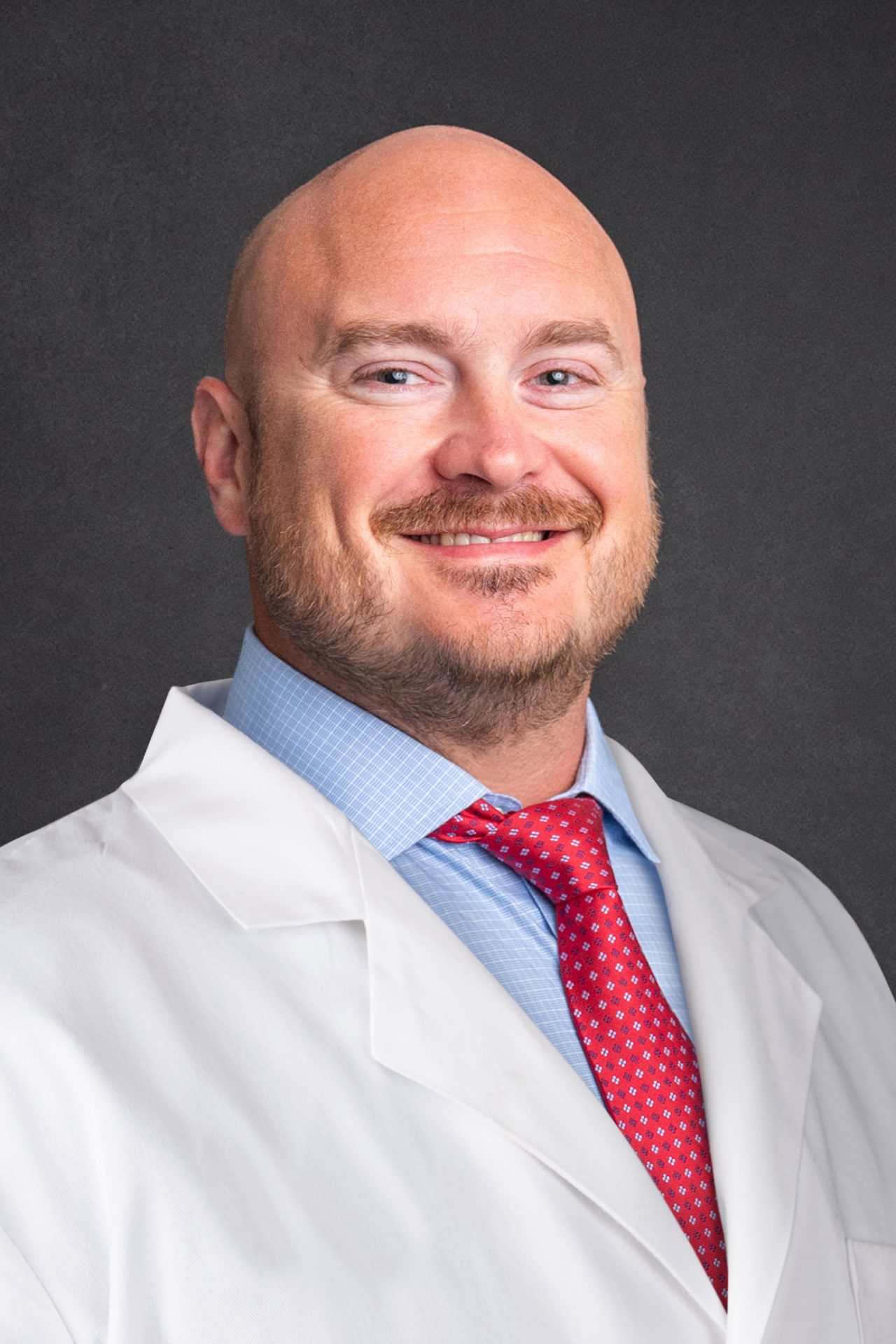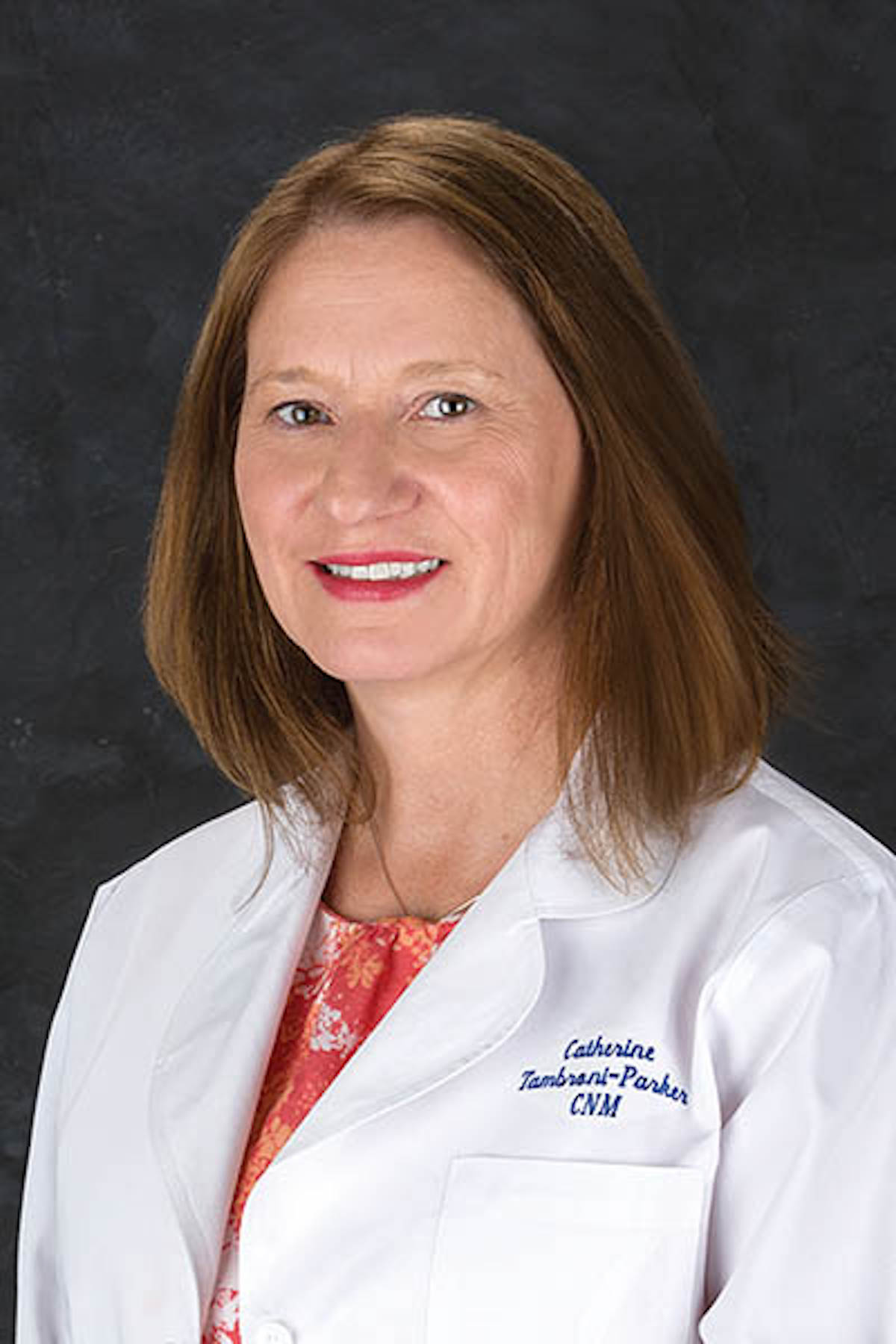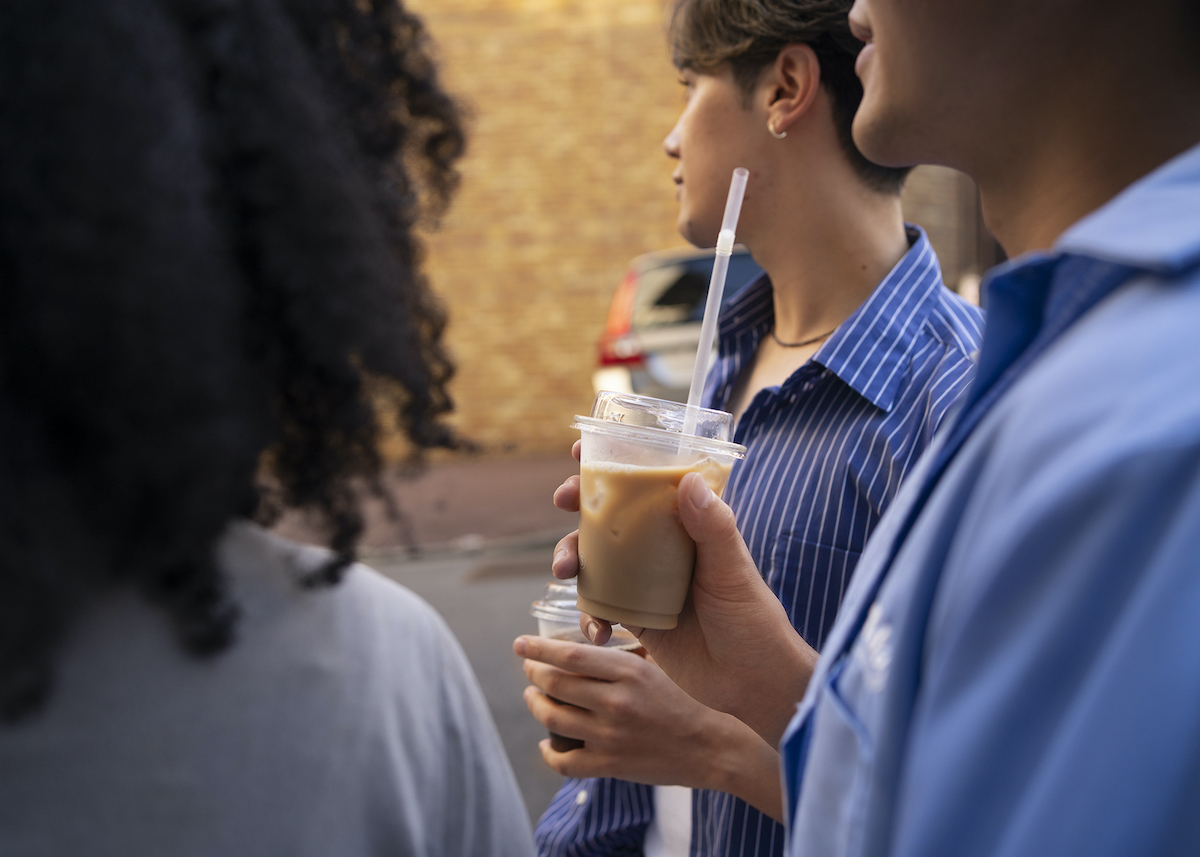By Laura Kaponer
Food morality has become a widely accepted concept among diet culture. Foods get placed in the opposing camps of “good” or “bad” with direct consequences based on the specific choices we make.
One such consequence is connecting the morality of food to our own values. If a person chooses the “bad” food then there must be something inherently bad or wrong with them.
These judgments can be within ourselves or come from those around us. At 14 years old, this concept took Heather Torino down the path of a lifelong battle with anorexia nervosa.
Through an 8th grade health class, Torino was exposed to the potential dangers of certain foods. She felt empowered when she began restricting herself.
“I remember one specific situation where I was at my aunt’s house for a family gathering to celebrate someone’s birthday,” Torino said. “When it came time for cake and ice cream, I politely declined any. I still remember the sense of power that I felt from being able to deny the cake and ice cream.”
This behavior escalated from special occasions to everyday life. Torino would only eat small bits of school lunch then toss out the rest, use the excuse of gum chewing or freshly brushed teeth to avoid eating, and only eating foods labeled “fat free.”
Food morality comes into play, thinking that food full of fat or even being classified as fat is bad vs. its thin counterpart. Torino felt her food related behaviors would help correct her perceived “fatness.”
It took the intervention of a school nurse for Torino’s parents to learn the full gravity of the situation. Her father cried as he expressed his very real fears of her eating disorder eventually killing her.
At the age of 15, she began a comprehensive course of treatment with a team of medical professionals. Unfortunately at this time she wasn’t quite ready to commit to her recovery. She just went through the motions telling everyone what she thought they wanted and needed to hear.
Recovery is something someone needs to choose for themselves in order to be successful. It wasn’t until college that Torino was open to making that choice.
She found a genuine connection with the psychologist she was referred to and began to gain confidence in the person she was, far beyond her eating disorder wanted her to believe.
With the help of her psychologist and future husband, she was challenged her to figure out who she really was by stepping outside her comfort zone.
Today at 37, Torino’s recovery is an ongoing journey. Recently, she needed to reach out to her supports when she felt challenged with a drink order at Starbucks.
“I feel like every day is a minor challenge,” she said. “While I am in recovery for anorexia, food will always be a bit of a struggle for me. With food and eating being something I have to deal with everyday.”
Torino now knows there is no link between the food she eats and her value as a person.
Laura Kaponer is a mental health advocate and blogger, as well as a volunteer with the local chapter of NAMI. You can find her on social media by searching #Laurakaponeris1in5.






